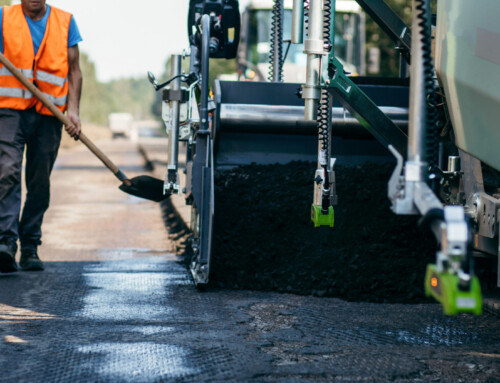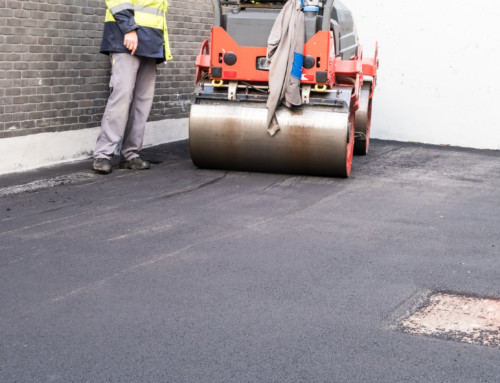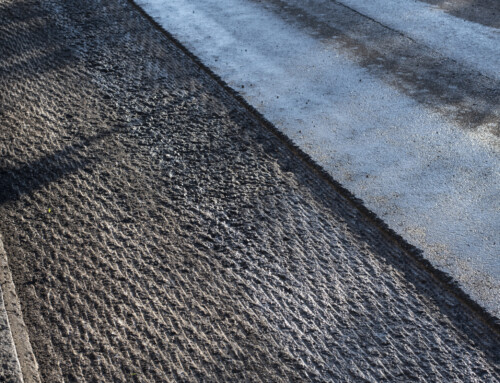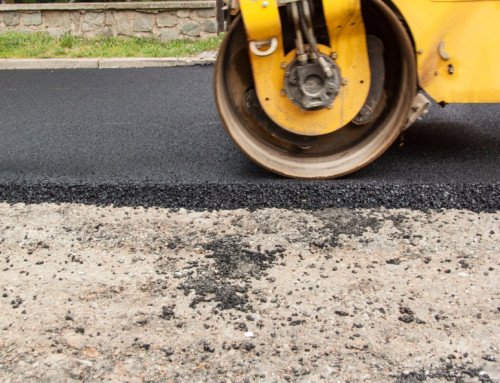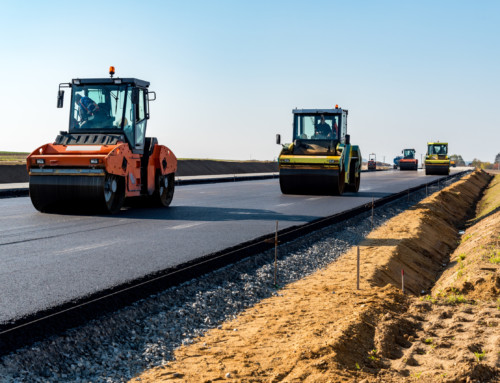Made from aggregates such as gravel, sand, or crushed rock, and glued together with a binder known as bitumen, asphalt is an excellent solution for driveways, parking lots, roads, and similar applications. Yet many people do not know much about this highly useful material. Here are 10 things you should know about asphalt.

1. Asphalt Is Common
Naturally occurring asphalt was used for roads at least as early as 625 BC. It was also an important trade product in ancient Egypt, used primarily in the mummification process. Today, commercially produced asphalt is used for an estimated 90% of commercial and residential parking areas.
2. Asphalt Is Recycled
Although virgin asphalt is available at a higher cost, the vast majority of asphalt today is recycled. In fact, asphalt is one of the most commonly recycled products in the world, with recycling rates of 80% or more in most areas. Recycled asphalt works just as well as virgin, and is a tremendous sustainable choice for those seeking to reduce their carbon footprint.
3. Asphalt Should Be Laid in the Summer
Hot mix asphalt and its newer counterpart, warm mix, are the best choice for the majority of projects. However, both types require warm weather to properly set. Cold mix asphalt can be used for emergency winter repairs, but might need to be replaced by a more permanent hot mix patch once the weather warms up. Whenever possible, plan your asphalt projects to take place between late spring and early fall.
4. Asphalt Has a Number of Advantages
Aesthetics, durability, and noise reduction are among the main advantages that asphalt has over its competitors. It is also relatively simple and inexpensive to both lay and repair. In addition, white striping is easier to see against black asphalt, making it a safer choice for some applications.
5. New Asphalt Should Be Protected
Although asphalt needs much less curing time than concrete—2 to 3 days as opposed to a full week—it still needs to be protected. Keep all vehicles, people, pets, and objects off the new asphalt for at least 48 hours, and preferably 72 hours. Do not park heavy equipment on it for the first month.
During the first year, asphalt is prone to showing marks. Try not to park in the same spot every day. Avoid leaking gas, oil, and solvents. Place a board underneath kickstands and other sharp objects. Any marks that develop will fade with time, but it is best to avoid them when possible.
6. Asphalt Needs Regular Care
Although asphalt is relatively maintenance-free, regular care can help to ensure that it lasts for a long time. Have your new asphalt sealcoated within the first two years, and then every three to four years after that. Sealcoating minimizes water damage, reduces color fading, and helps to replenish the binder that gradually wears away from age and weather. In addition, clean the asphalt thoroughly and inspect it for cracks twice per year. Fixing cracks right away can vastly extend the life of the asphalt.
7. Asphalt Can Often Be Patched
Asphalt is surprisingly easy to patch as long as it is not too far gone. Small cracks, divots, and holes need just a simple liquid crack filling compound. More severely failed sections can be patched using a more complicated process known as dig out patching, in which the failed portion is replaced with new asphalt. If the damage is more extensive, resurfacing is much less complex and expensive than total replacement.
8. Asphalt Comes in Many Forms
Asphalt is available in a wide variety of forms, each particularly suited to certain applications. Perpetual pavement is an excellent choice for highly trafficked roads, as only the top layer needs replacement over time. Porous asphalt helps to minimize the problems of poor drainage. Quiet asphalt significantly reduces road noise, making it a great choice for suburban roads. Your asphalt contractor will help you decide what type of asphalt is right for you.
9. Asphalt Lasts a Long Time
With regular care, asphalt is highly durable and long-lasting. Under most conditions, you can expect newly laid asphalt to have a lifespan of at least 35 years.
10. A Professional Asphalt Contractor Is Critical
Although some people consider asphalt work to be a DIY project, this is rarely the best choice. Most homeowners do not have the specialized skills, knowledge, and equipment to properly lay asphalt. Your contractor will help you choose the right type and grade of asphalt, perform any needed prep work, and lay your asphalt in a professional and durable way.
Based in Abbotsford, Topwest Asphalt also serves Langley, Chilliwack, Mission, and Maple Ridge. Are you ready to start your next asphalt project with a team you can count on to do the job right, on time, and on budget? We invite you to call Topwest Asphalt today at 1-800-ASPHALT to discuss your project and schedule an estimate. We look forward to working with you!

